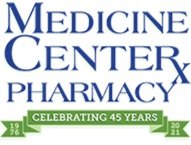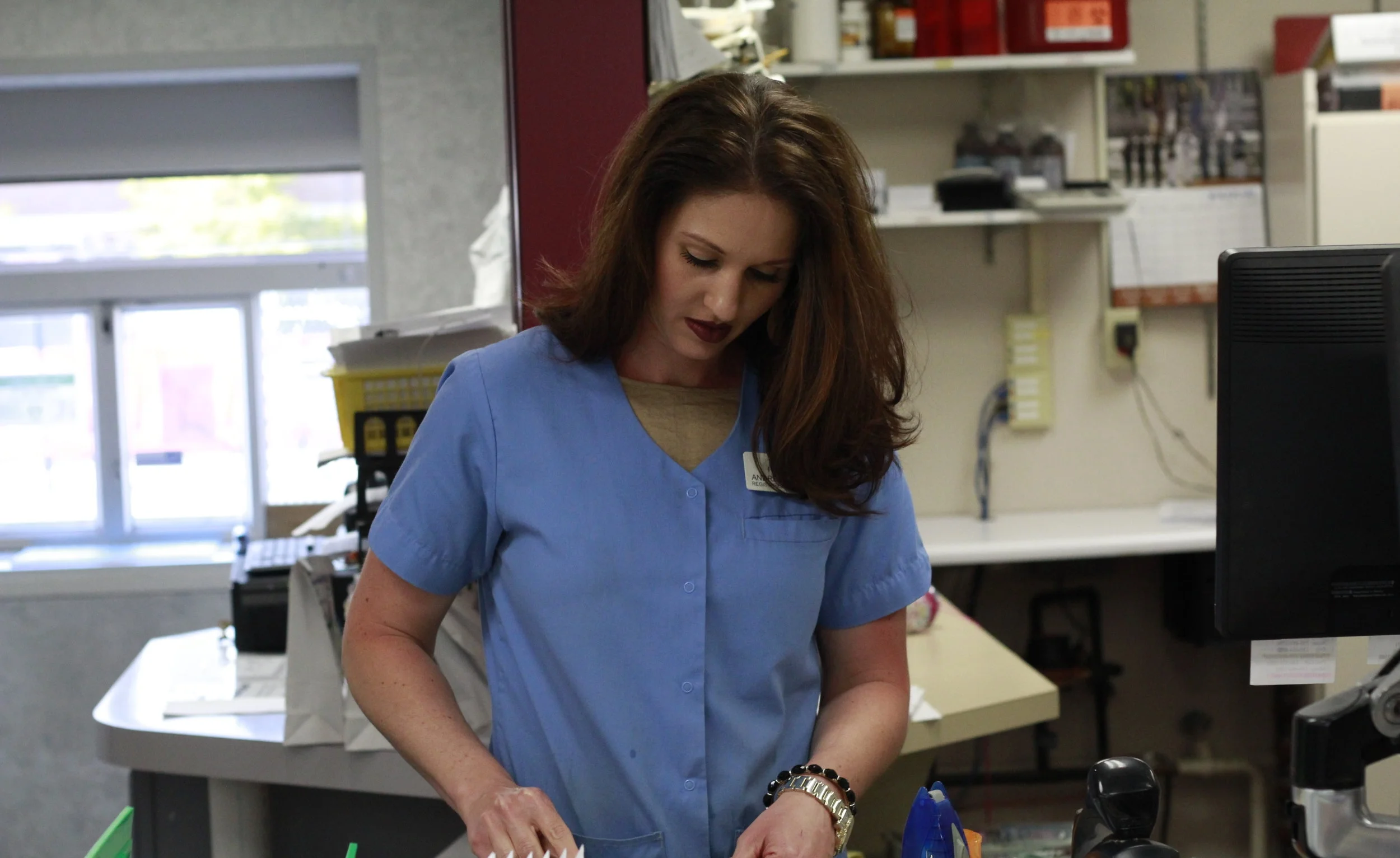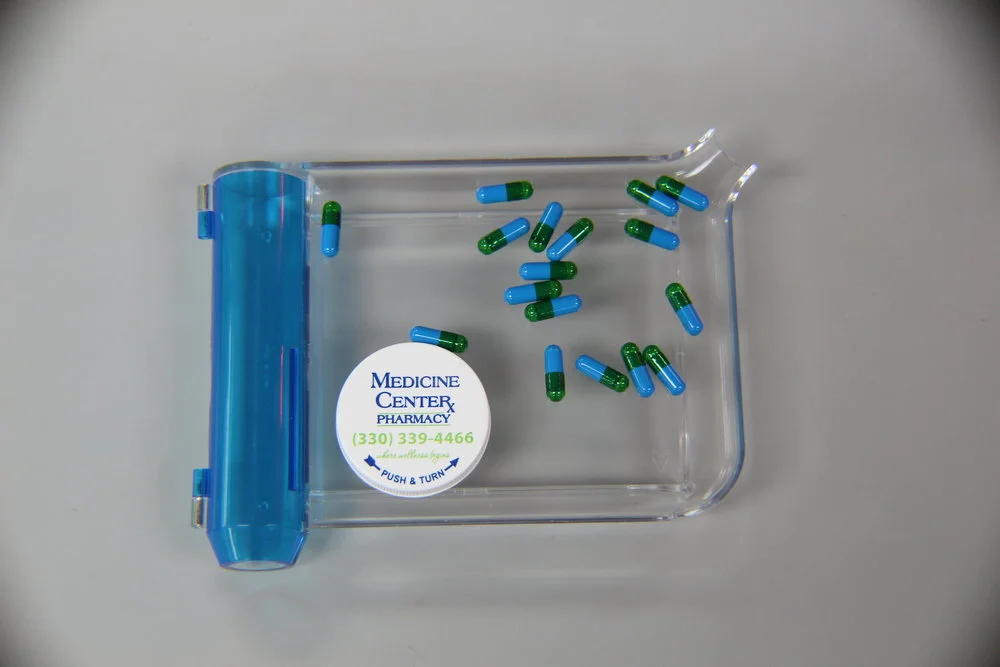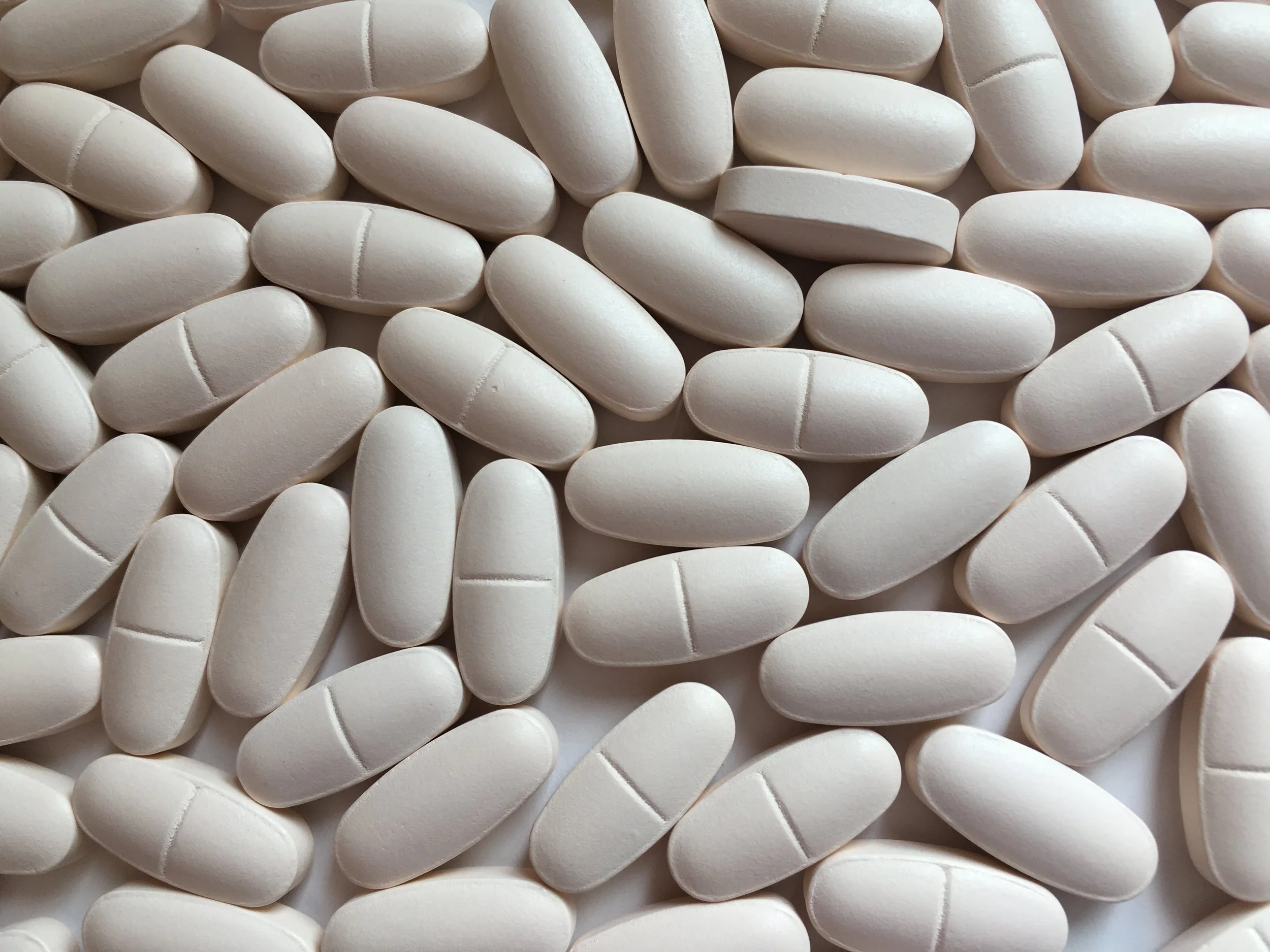The leaves are changing, the air is getting crisp, and pumpkin-flavored goodies are hitting the shelves. This can only mean one thing... flu season is upon us. Keep reading for answers to some of the most common questions about the flu and the flu vaccine.
Is the flu really that serious?
Yes. The flu can cause serious illness, hospitalization, and even death. It's estimated that the flu causes up to 200,000 hospitalizations in the United States each year and is the most frequent cause of death from a vaccine-preventable disease.
Who should get the flu shot?
The Centers for Disease Control (CDC) recommends everyone six months of age and older without a severe, life-threatening allergy to the vaccine get their flu shot every year. Talk to your doctor before getting the vaccine if you have an allergy to eggs or have ever had Guillain-Barré Syndrome.
Does the flu shot work right away?
No. It takes about two weeks after vaccination for your body to build up the immunity to protect you against the flu virus.
When should I get the flu shot? How long will the flu shot last?
You can get the flu shot as soon as it becomes available. While the peak of flu season is between December and March, the flu can hit as early as October and as late as May... this is why it's recommended that you receive the flu vaccine early, preferably by October. The vaccine lasts about a year, so don't worry about getting the vaccine too early and being exposed to the flu later in the season.
If you missed getting your vaccine in the fall, it's never too late to get yourself protected. You can get the flu shot at any point in the flu season as long as the vaccine is still available.
Will getting the flu shot cause me to get the flu?
Definitely not. The flu shot is made from an inactive form of the virus, so it's impossible for the vaccine to cause the flu. Often times symptoms from another illness are confused for the flu. However, it does take two weeks for the vaccine to work. If you were exposed to the flu before or during these two weeks, it is possible to get the flu... but this is not a result of the vaccine.
Are any of the available flu vaccines recommended over the others?
There is no preference for one injectable vaccine over another. In previous years a vaccine given as a nasal spray was available... this method is no longer recommended due to concerns that it is not as effective as the injections.
I've been feeling sick lately... can I still get the flu shot?
Wait to get the flu shot until you're feeling better, do not have a fever, and are off any antibiotics.
Sources:
http://www.cdc.gov/flu/about/season/flu-season-2016-2017.htm

























